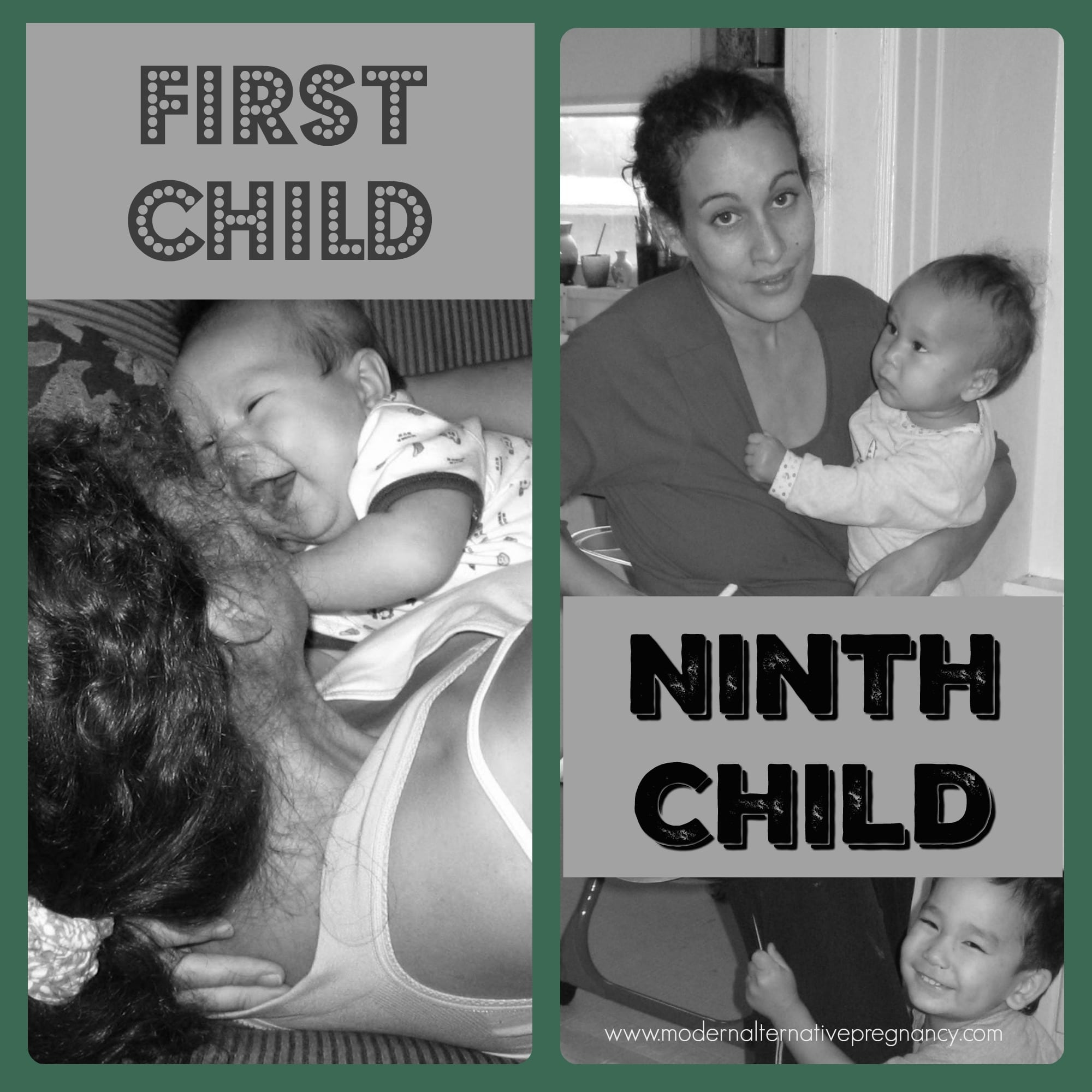By Danielle, contributing writer
The last few weeks of pregnancy can be a stressful time. You have so much to get checked off your to-do list, not to mention the endless sensation of nesting. You may also be confused when you should call your midwife as more aches and pains surface.
In this post, we will go over when to call your midwife — and doula if you have one — and some tips for getting ready for labor. Most midwives will have a “checklist” of items of when they would like to be notified.
First, a few typical questions about the beginning of labor.
How to time contractions
Begin timing a contraction from its start to finish — this is how long your contractions are lasting. Then, time from the end of one contraction to the beginning of another — this is the time between your contractions. Your midwife will likely want to know both of these stats.
What does labor feel like?
This is a common first time mom question, and it’s usually answered with “you will know!” You definitely will know when labor has really begun, but you may also get early labor pains for even weeks before you deliver, called Braxton Hicks contractions. These are exercises for your uterus to get ready for the real thing.
Contractions feel like period or stomach cramps in your belly area, or in your lower back.
What is a mucus plug?
This is the “plug” that keeps your uterus sterile and closes up, if you will, your cervix opening. As you dilate and efface, you will slowly (or quickly) lose your mucus plug. This often looks like a yellow, creamy mucus with some tinges of dark red or brown blood. Bright, red blood may also appear as you dilate and efface, but a large amount of blood is cause for alerting your midwife right away.
Will my water break when labor starts?
Not always, and not usually. A bag of waters (there’s actually more than one) can break at any time before or after labor has begun. Some labors do begin by the water breaking in a dramatic way, but most do not. Since you have multiple bags of water, your water could break a little, and break again, or just trickle out.
The one thing you want to monitor after your water breaks is baby’s movement. A cord prolapse, where the umbilical cord slips below the cervix, is rare but serious.
A midwife wants to know when labor begins, but may not come right away during early labor, especially for first time moms who may labor long hours. Talk to your midwife about when she wants to be updated. In general, the below times are when most midwives want the call.
When to Call the Midwife:
- Your water breaks (or maybe breaks).
- You don’t feel the baby move as often.
- Your contractions are less than two to five minutes apart. Your midwife will have a certain times that she wants to be called, but typically, you don’t need to call your midwife (unless you just want to give her the heads up).
- If you see any bright, red blood more than a few drops, call the midwife.
- If you have contractions that cause you to stop what you are doing entirely before 37 weeks.
- Before bed and labor has been on and off. If you’ve been in early labor and your midwife has not yet arrived, give her a status update before bed time so that she knows if she should plan to come out or not, or if things have slowed down and she likely won’t be needed for awhile.
- If you have a question or are concerned, it’s best to make the call and be safe.
What About a Doula?
Now, your midwife may not be the only person apart of your birth team. You may also have a doula, which is a birth assistant. Birth doulas are trained in natural pain treatments, birth interventions and decisions, and help you manage the birth so that it turns out the way you would like.
If you have a doula, you may want to let them know about your labor beginning even before your midwife. Here are some times when your doula will likely want to be notified, including all of the above.
When to Call the Doula:
- You see your mucus plug.
- You need help making a decision. If you have any questions at all about labor or treatments, your doula is the person to bounce ideas off of.
- If you fear nervous or fearful. Your doula will want to work on these emotions and feelings with you, as they can greatly impact your birth. Don’t forget to focus on your emotional well-being throughout your pregnancy in addition to your physical health.
- If you consider doing something to move along the labor.
- When any contractions begin. Your doula wants to be ready, so letting them know of any contractions helps them plan. They can also stop by or give you the critical advice of “stop sweeping and start sleeping.”
 Photo by Pixabay
Photo by Pixabay
If you feel uneasy or have a question, it’s best to make the call to your doula or midwife to ease your fears. Develop a strong relationship with your birth team well before labor begins so that you feel supported throughout your pregnancy and labor.
Happy birthing!






